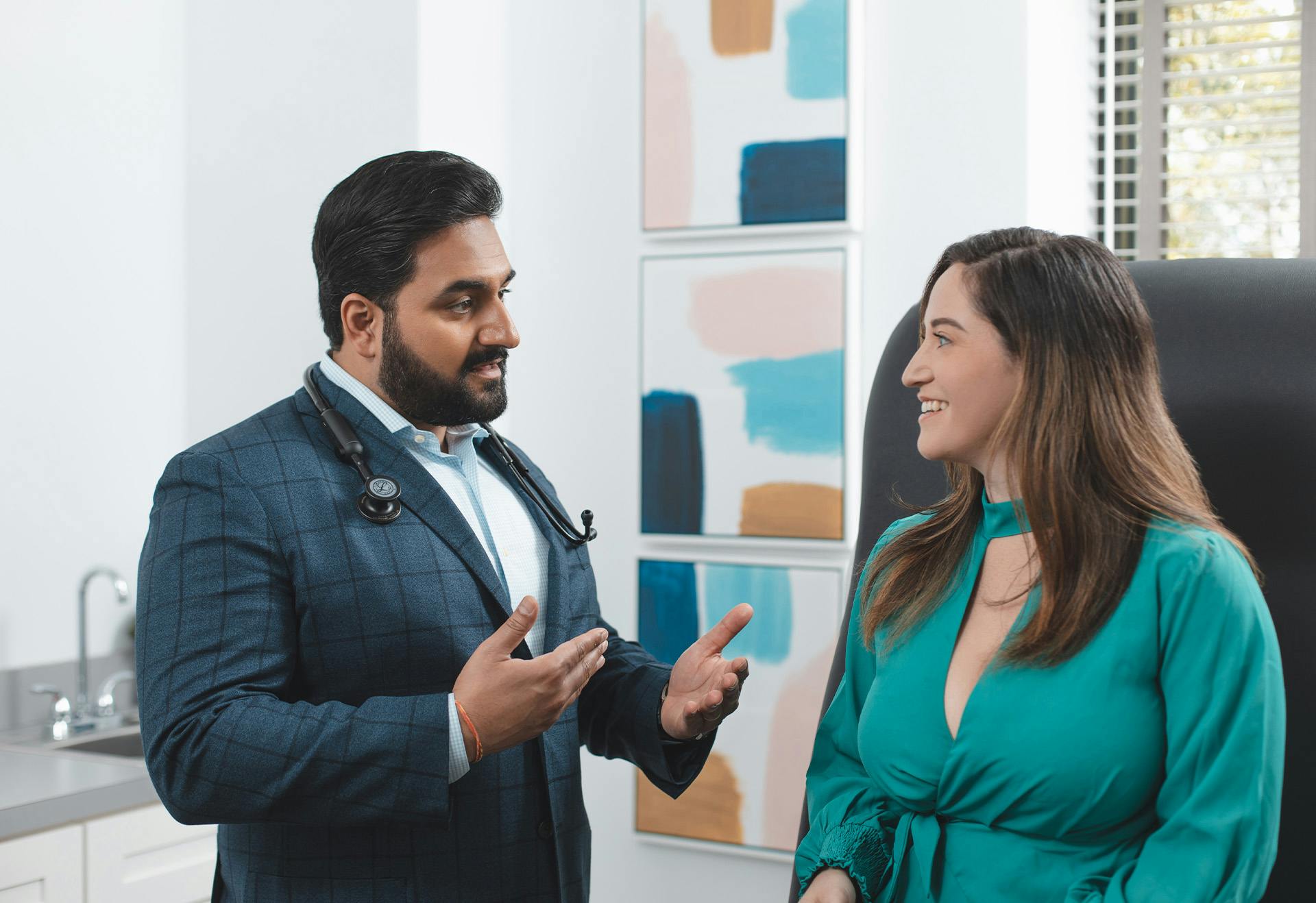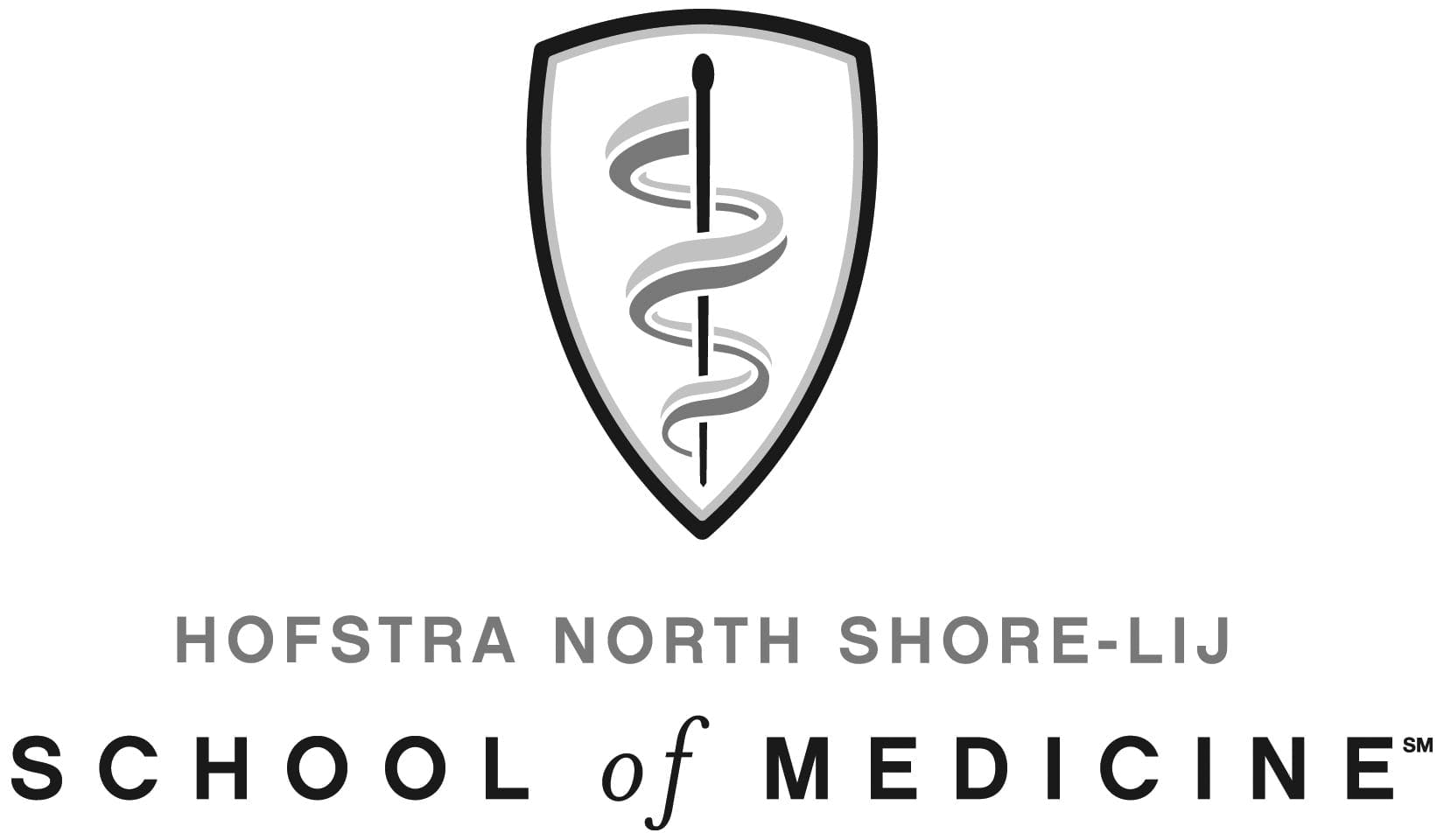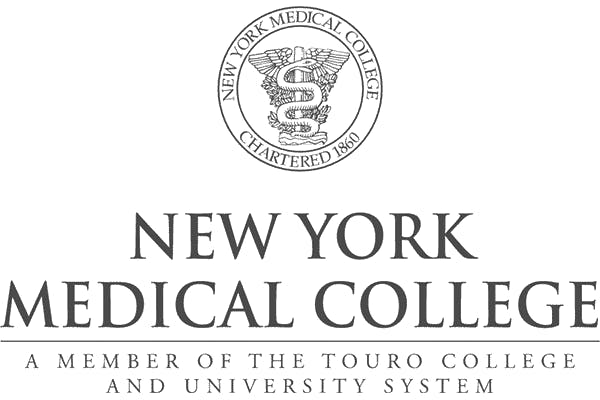Cardiac rhythm monitoring refers to the ongoing assessment of heart rhythm to detect abnormalities that may not be apparent during a routine examination. This essential aspect of cardiac care helps identify irregularities such as arrhythmias, which may cause the heart to beat too fast, too slow, or erratically. Some rhythm disturbances are benign, while others may pose serious health risks.
What are the Different Types of Arrhythmias?
There are several types of arrhythmias, including:
- Atrial Fibrillation (AFib): The most common type, AFib, causes irregular or sped-up beating of the atria (upper chambers of the heart).
- Atrial Flutter: Similar to AFib, but with a more regular rhythm in the atria.
- Bradycardia: A slow heart rate, typically under 60 beats per minute.
- Tachycardia: A rapid heart rate, often exceeding 100 beats per minute.
- Ventricular Tachycardia: A life-threatening arrhythmia that causes the lower chambers (ventricles) to contract at a fast rate.
- Ventricular Fibrillation: A life-threatening arrhythmia that causes the lower chambers (ventricles) to quiver rather than contract properly.











